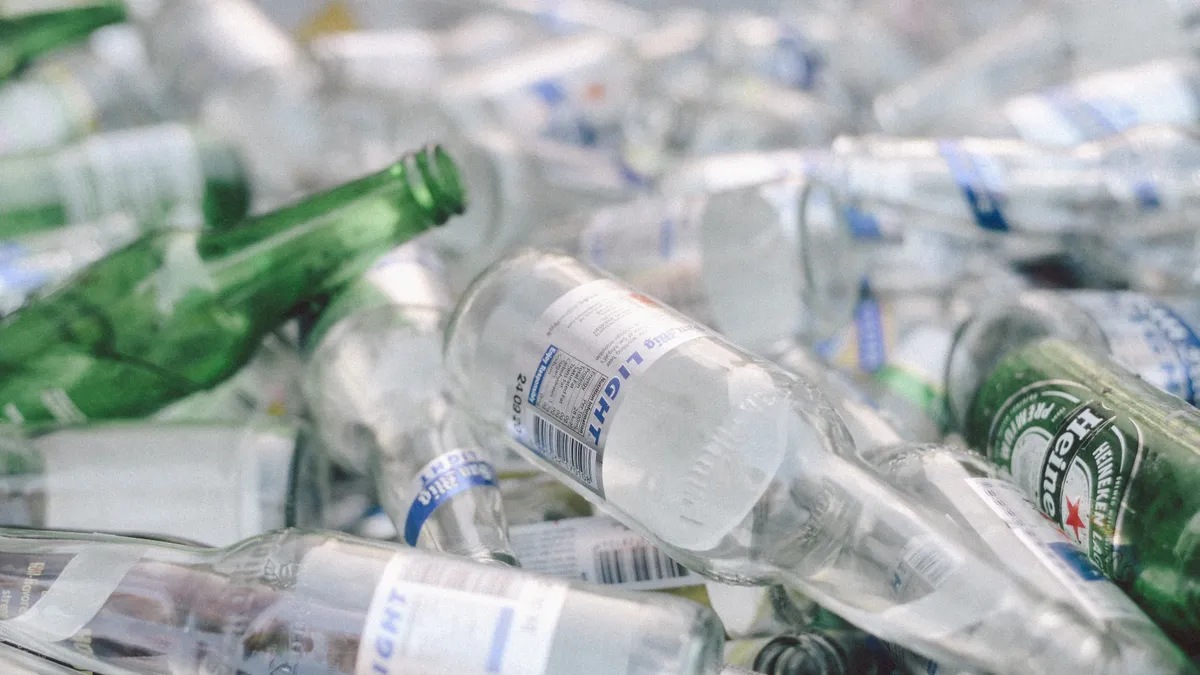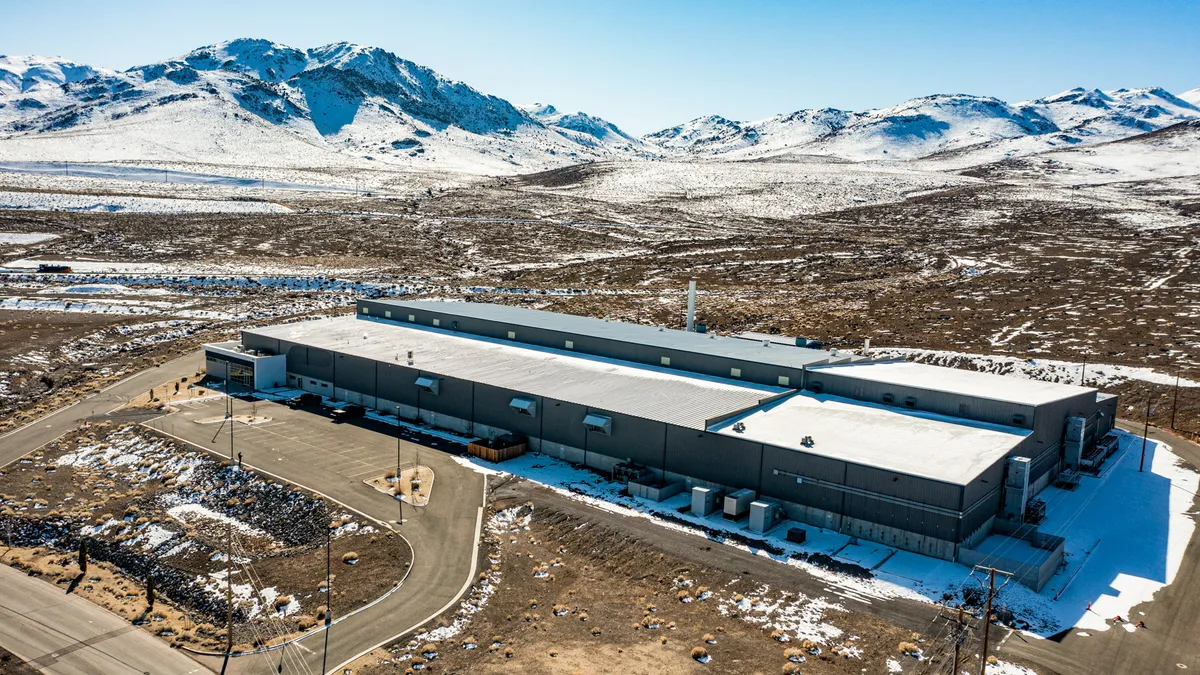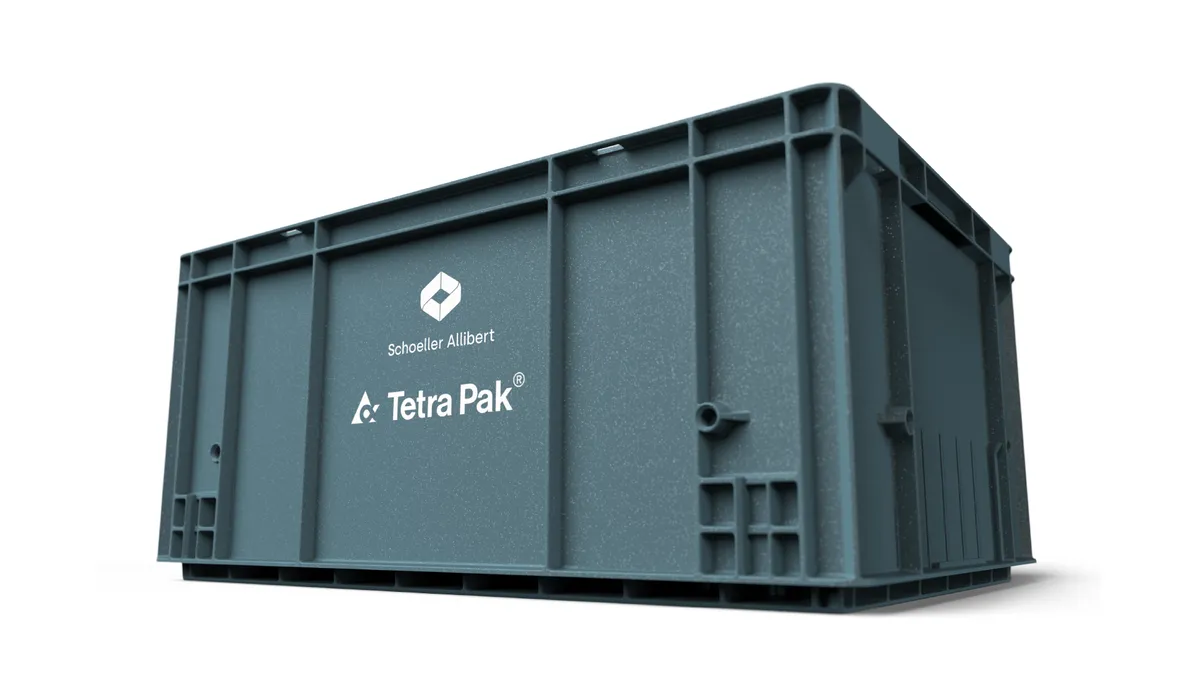UPDATE: Jan. 31, 2020: SB 372 failed to advance out of the California Senate in a vote earlier this week. Notable opposition to the bill came from wine and beverage trade groups, as well as the Institute of Scrap Recycling Industries' regional chapter and the Allan Company, a local recycler. The bill's sponsor, Sen. Bob Wieckowski, has pledged to work with the Newsom administration on other reforms to the container redemption program.
The California Senate's Environmental Quality Committee recently advanced a piece of legislation, SB 372, that would require beverage distributors to form their own container stewardship organization and develop a plan to recycle their own containers.
Currently, the California Department of Resources Recycling and Recovery (CalRecycle), runs and oversees the state's container redemption program. Under this proposal, beverage distributors would pay a stewardship fee to cover the costs of program implementation and the new organization would reimburse CalRecycle for enforcement costs. The bill would also add wine and liquor bottles to the program.
Advocates of SB 372 support the proposed changes that essentially would create an extended producer responsibility (EPR) system. The legislation is similar to Oregon's recently revamped "bottle bill," held up as an example because it resulted in a 64% increase in beverage container recycling.
Speakers on both sides of the issue testified at a Jan. 15 hearing before the committee voted to advance the legislation. Further action is now required from additional committees before the bill moves to a vote in the state Senate. As currently written, the new redemption program could take effect on January 1, 2024.
"We applaud the bill. The detailed provisions of the proposed new program are thoughtful and truly world class," said Susan Collins, executive director of the Container Recycling Institute. However, she expressed worries about the 2024 timeline.
"We're also very concerned about what would happen to people and their refunds in the intervening four years. We've got these recycling deserts in the state. Immediate help is needed," Collins said.
Consumer Watchdog President Jamie Court also praised the EPR-based proposal, but listed missing items the group would like to see included in the bill.
"We'd like all retailers to have to accept bottles and cans. Because when you buy bottles and cans and return them in the same place, that works. It's simple, it's convenient," he said. "We'd like to see curbside haulers who are getting paid now for 12% of our nickels and dimes [to] not get that payment."
Some beverage distributor organizations praised the idea of reworking the current CRV system, but they brought up issues with the bill as written.
"Reform of this antiquated program is long overdue, we agree with that. We also agree that an industry-led organization is a better model than what we've seen under CalRecycle," said Tim Schmelzer, vice president of California state relations at the Wine Institute. "We strongly disagree with the notion that a deposit refund system works for our products. Wine bottles currently aren't part of the Oregon program... Wine bottles are very heavy. Spirits bottles — same deal."
Representatives for other wine and liquor distributor organizations agreed with the Wine Institute's view and said they oppose the bill unless it is amended.
"In concept, philosophically, we don't have an issue with the industry-led deposit program. However, we do believe the current CRV program does need immediate modifications in the interim while we're working on these new concepts," said Anthony Molina of the Plastic Recycling Corporation of California.
California's bottle bill has been in place for more than three decades. Citizens receive a five- or 10-cent deposit back when they return a container to a privately owned and operated redemption center. But many people claim the system is inherently broken and needs to be restructured to work effectively.
Calls for a bottle bill overhaul have grown in the past five years as hundreds of recycling centers across California shut down. The situation reached crisis levels last summer when rePlanet, the state's largest recycling center operator, suddenly closed all of its remaining 284 locations. The company cited reduced payments from the state, depressed commodity pricing and higher operating costs as contributing factors. Reform advocates cited this example as proof positive the system desperately needs to change.
The state legislature has attempted to prop up the struggling redemption program with several short-term measures offering redemption center subsidies or working to ensure recycling opportunities in underserved areas. The measures that passed were not enough for comprehensive, long-term reform, and several bills never made it past the full legislature or the governor.
Legislators and CalRecycle are popular targets for critics of the current bottle bill program. For a long time, advocacy group Consumer Watchdog called for CalRecycle's director to step down, and the requests intensified following rePlanet's closure. The director resigned in November.
Other reform suggestions have included raising the container redemption value, adding wine and liquor bottles to the program and providing recycling centers with a funding infusion.
State bottle bill programs had a banner year in 2019. Collins estimated 10 states introduced bottle bill legislation last year instead of the usual three or four. New York is among the states that has recently considered a bottle bill expansion and update. Federal legislation has also been drafted, and could be introduced soon, to establish a nationwide bottle deposit system.
























